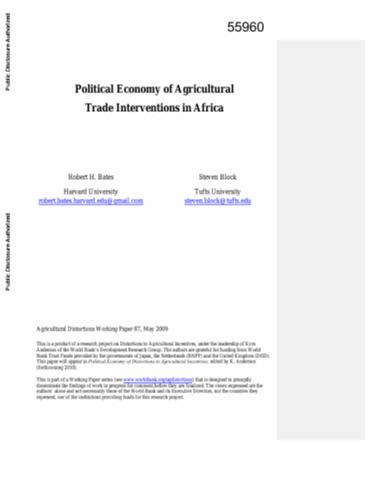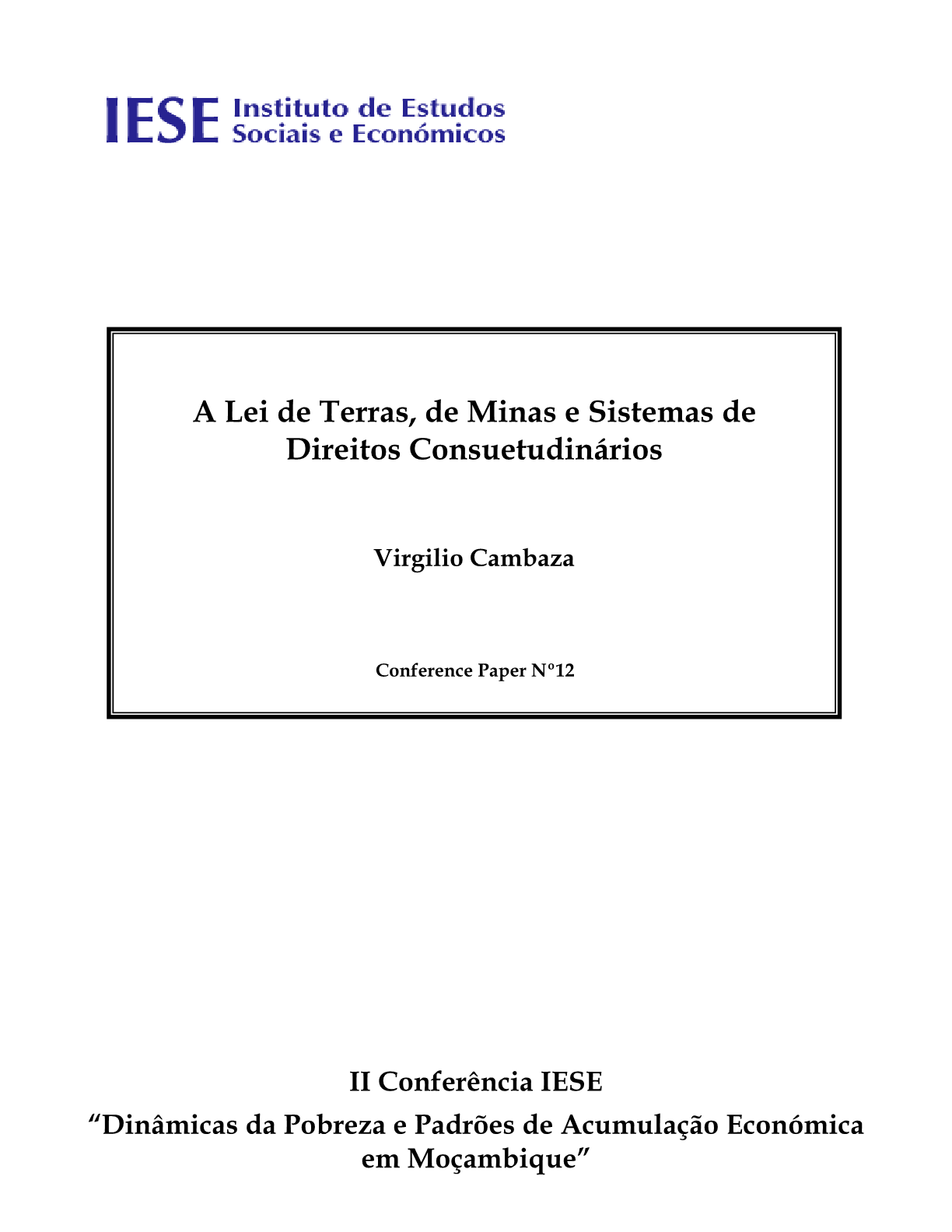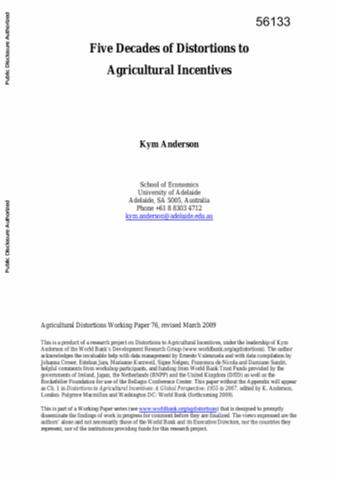How do small farmers respond to climate change in Rajasthan?
Water is scarce in India's semiarid zones of Rajasthan. Climate change is putting additional pressure on the rare resources. Irregular or no rainfall forces many small farmers to abandon their fields, at least temporarily, and seek work in the towns. Participative water management projects as practiced in Bhipur village, growing crops with low water requirements and more sustainable farming practices are adaptation strategies that allow farmers to continue their activities despite climate risks.











